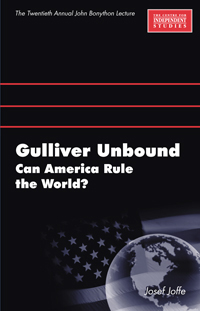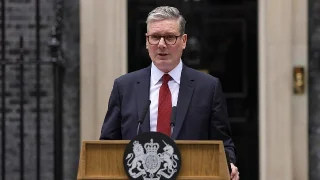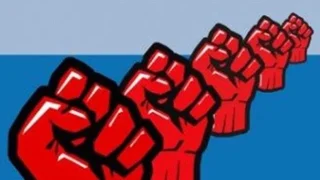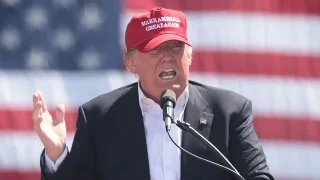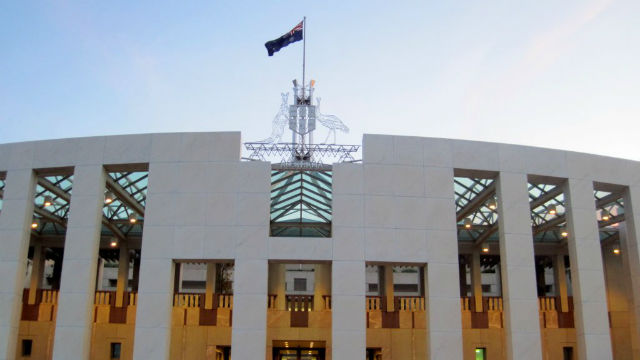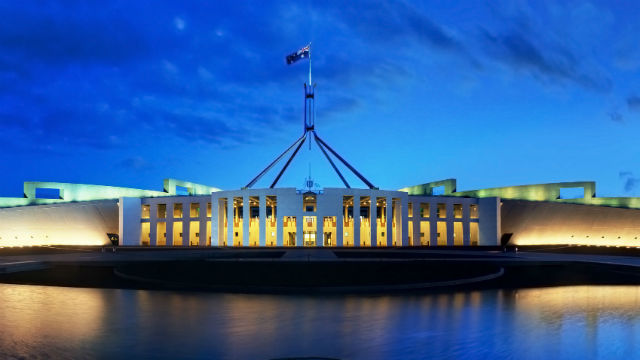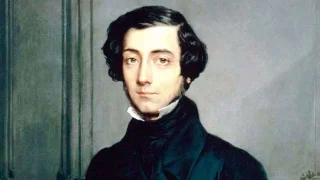
Twenty first century America is the Gulliver of our times. It dominates the international sphere with its vast military power and its ability to intervene and exercise its power anywhere in the world. Its economy is the world’s largest, flexible and responsive to technological change, and from Hollywood to Harvard, the US reaches worldwide cultural appeal. This unprecedented hegemony shows no signs of slowing.
In this lecture, Josef Joffe asks if the US can sustain this position of power in international politics. World history suggests no, as power always begets counter power, with signs of the US dominance being tempered this time not by another super-power, but by a coalition of lesser powers in the European Union.
If the US wants to retain dominance, Joffe argues, it is faced with two choices: to continue its unilateralist line, acting only with those who are willing to achieve its own will or to favour cooperation in an updated version of the Golden Age of American diplomacy; building up international institutions and investing in worldwide public goods for its ultimate good. Self restraint and understanding its burden of responsibility will be crucial for the US in determining its future as a global power.
